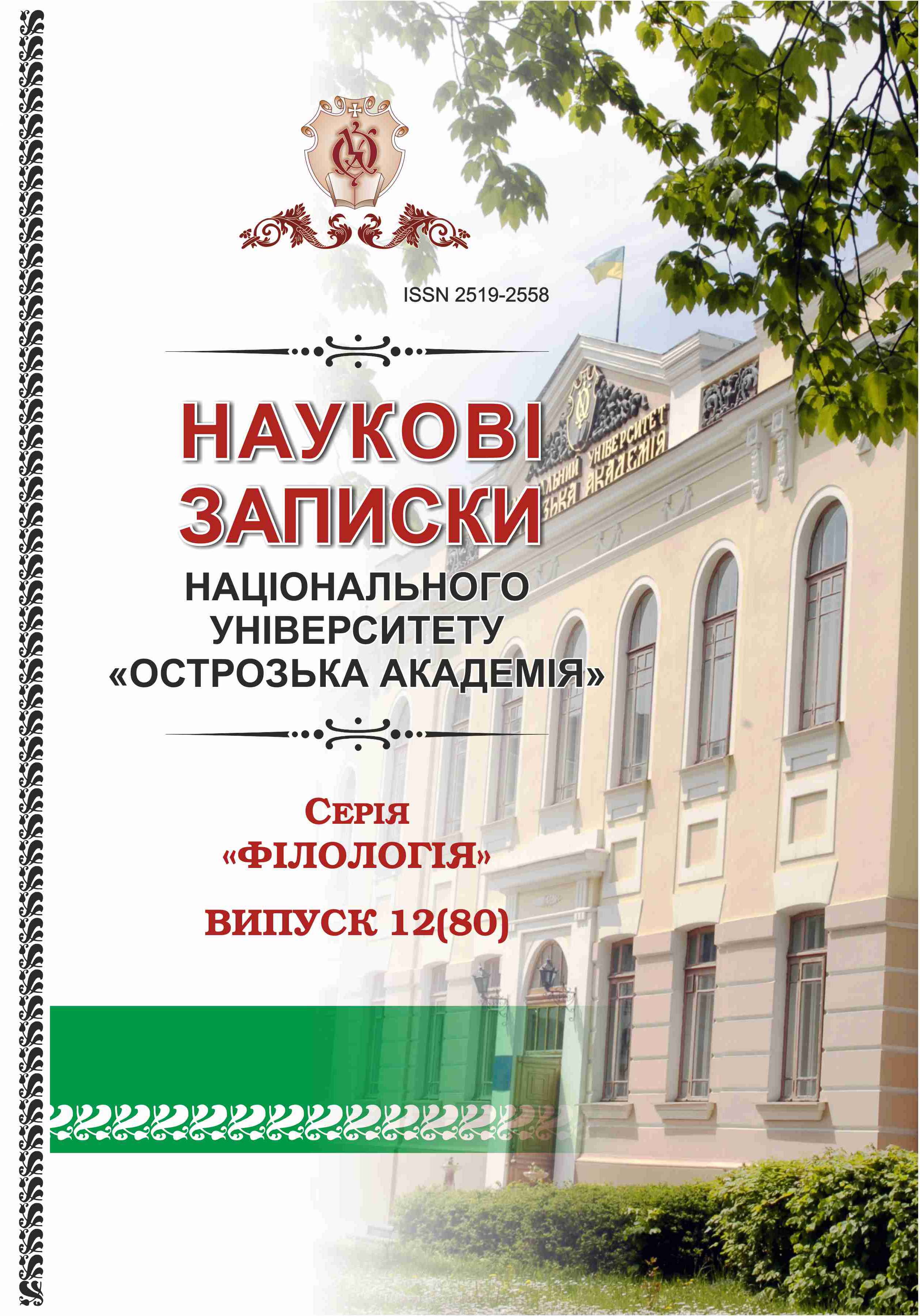MODERN APPROACHES AND INNOVATIVE TECHNOLOGIES OF STUDENTS’ ENGLISH COMMUNICATIVE COMPETENCE FORMATION IN THE PROCESS OF DISTANCE LEARNING
Keywords:
distance learning, innovative technologies, information and computer technologies, English communicative competence, multimedia resources, technical institution of higher educationAbstract
The article considers the peculiarities of the application of innovative, in particular, information technologies for the formation of English language communicative competence of students of technical institutions of higher education in the process of distance learning. The general digitalization of vocational education is studied, examples of the use of multimedia programs and modern Internet resources for learning foreign languages are given. It is proved that the use of information and computer technologies by students in the process of formation of their communicative competence in English in distance learning allows them to acquire and improve their professional competence, forms the ability to plan their work, provides them with flexible theoretical and practical thinking, as well as creativity. The use of innovative technologiesis fully justified by the fact that they allow to significantly diversify the content, methods and forms of learning, provide an unlimited amount of information that can be effectively used in the course of independent work. The problem of foreign language communicative competence formation under distance learning for students of technical higher educational institutions for their further development as competitive specialists is proposed to be solved by paying more attention to the innovative tools used in distance learning aimed at increasing motivation.

